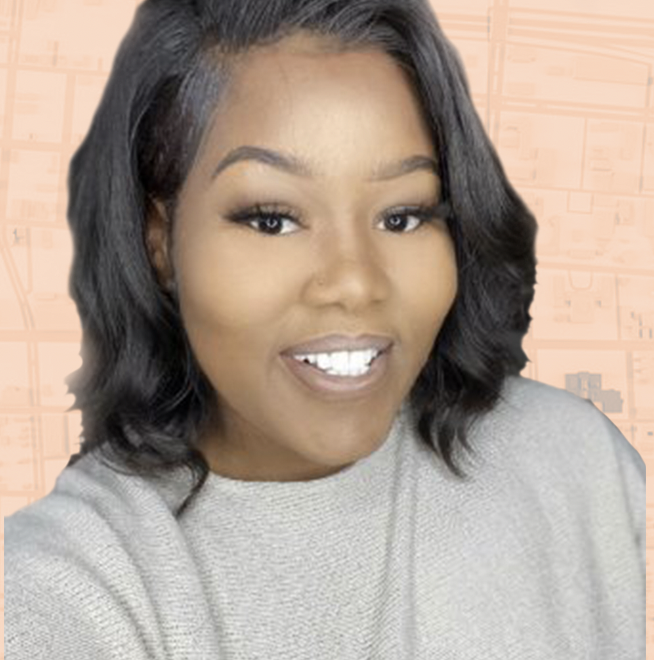Empowering the women leaders of the next generation
March 19, 2021
View Part 2 in this series
GRAPHISOFT presents an important, honest discussion about the unique experiences of black women in architecture, featuring Tiffany Brown.
Watch the Video
This is the first of many articles, panel discussions, and interviews in our ‘Women in Architecture’ series.
Our special guest for this discussion is Tiffany Brown, the founder and CEO of 400 Forward, a non-profit organization that has made recruiting young black women into the field of architecture its mission. Tiffany also serves as the executive director of NOMA, National Organization of Minority Architects.
Our panel also includes GRAPHISOFT Student Ambassador, Shanelle Reese. Reese is on her way to becoming a licensed architect at Archicad firm, Ordiz Melby in California and championed the use of Archicad throughout her school career. In 2019, Shanelle attended Basecamp after winning the GRAPHISOFT North America (GSNA) student competition.
Watch the full interview, moderated by Leeswann Bolden, Senior Professional Services Consultant for GSNA below:
This interview represents one way in which GRAPHISOFT is working to impact change within the architecture industry. Our North America office has begun an ongoing partnership with 400 Forward to help increase young black women’s interest in architecture as a career, by committing to provide financial support and training as needed to 400 Forward mentees. Read more here.
All articles from our Women in Architecture series:
Part 1: Empowering the women leaders of the next generation
Part 2: Tech supporting the women leaders of the next generation
More articles to come!
Diversifying the professions of architecture, and urban design
In the panel discussion, Brown speaks plainly about her dedication to seeking out and mentoring women of color to choose careers in architecture. She works tirelessly to establish programs through 400 Forward that work to close the gaps in education, increase access to opportunities, and provide funding where necessary to help young women achieve their full potential in the architecture industry.

An instructor tried to discourage me from continuing architecture… just because of what I look like, they doubted my capabilities.
Tiffany Brown, Founder and CEO, 400 Forward
Listening to unheard voices
The issue of under representation for Brown is tightly tied to exclusion. Having grown up in an inner-city neighborhood, Brown’s experience of the built environment did not inspire the creative mind she knew was there. That is why Brown so deeply recognizes the importance of providing mentorship to young women seeking careers in architecture.
Brown’s experience is not unique to her, as our panel revealed. Our moderator, Leeswann Bolden, and GRAPHISOFT Student Ambassador, Shanelle Reese both relate to how they’d been the only or one of only a few black students during their education.

… only one other girl in my class was black, out of the whole architecture school.
Shanelle Reese
Archicad Student Ambassador, Ordiz-Melby Architects
Finding the win through the struggle
Being able to clearly see options for career success and advancement, requires access and exposure to them at an early age. Brown says she has firsthand experience with limited access and exposure – but through her work with 400 Forward, finds a way to power through and serve as a catalyst to assist young women who seek careers in the AEC Industry.

I realized my passion was to be the one that opens that door, holds that door open, and provides access.
Tiffany Brown, Founder and CEO of 400 Forward
Graphisoft is committed to the goal of amplifying this important conversation about the ways in which the AEC Industry can come to terms with the issue of underrepresentation of Black Women Architects today. Watch this space for updates on our follow up discussion with Tiffany Brown and 400 Forward scholarship recipient, Sharlita Olaleye. In honor of Women’s History Month, we’ll be focusing more closely on issues specific to Women in Architecture, how technology can provide flexibility that is necessary for work/life balance, and the ways women need to have their voices heard.